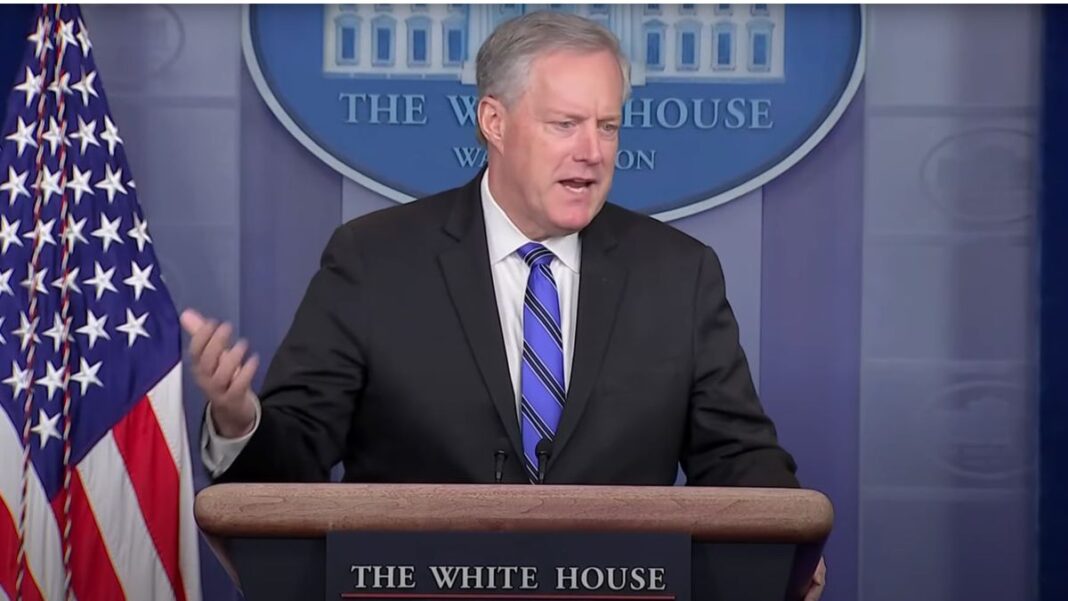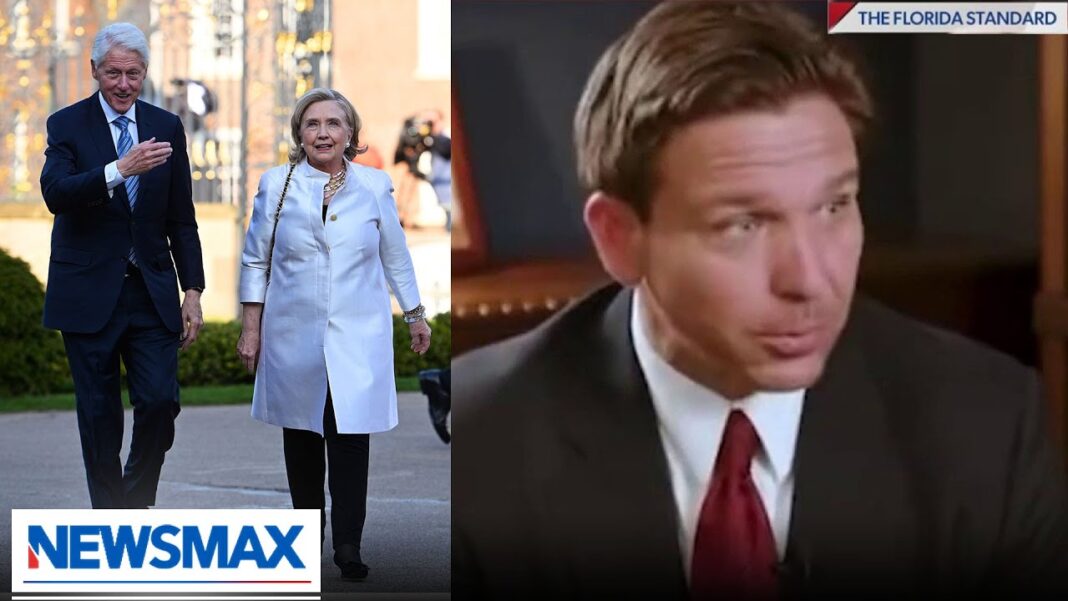Mark Meadows, former chief of staff to then-President Donald Trump, filed a motion to dismiss the charges against him in Georgia based on the supremacy clause in the Constitution.
Mr. Meadows, President Trump, and 17 other co-defendants were charged by a grand jury on Aug. 14 with violating Georgia’s Racketeer Influenced and Corrupt Organizations (RICO) Act, along with 40 other counts, over their actions to challenge the 2020 Georgia general election results.
Mr. Meadows was the first co-defendant to file to have his case removed to federal court, which he did a day after the indictment. Others have indicated they will do the same. The new filing on Aug. 18 argues he is immune from state prosecution under the supremacy clause in the Constitution, as all actions listed were part of his official duties as a federal employee.
“The State’s prosecution of Mr. Meadows threatens the important federal interest in providing the President of the United States with close, confidential advice and assistance, firmly entrenched in federal law for nearly 100 years … and gives rise to precisely the sort of state interference in federal affairs the Supremacy Clause prohibits,” the 34-page motion (pdf) reads.
Federal Law
The supremacy clause states, “This Constitution, and the Laws of the United States which shall be made in Pursuance thereof … shall be the supreme Law of the Land; and the Judges in every State shall be bound thereby, anything in the constitution or laws of any state to the contrary notwithstanding.”
It establishes that federal law takes precedence over state laws, which Mr. Meadows’s attorneys argue means that states “may not impede or interfere with the actions of federal executive officials when they are carrying out federal laws,” citing a 2006 case that ruled a federal official wasn’t obligated to consider state criminal law before acting.
“While his conduct is alleged to have violated state law, it ‘can reasonably be characterized as complying with the full range of federal law,’” Mr. Meadows’s attorneys wrote.
They note that neither the case brought in Georgia nor the similar case brought by the Justice Department against President Trump in Washington for alleged conspiracy in contesting the 2020 election results accused Mr. Meadows of violating any federal laws.









